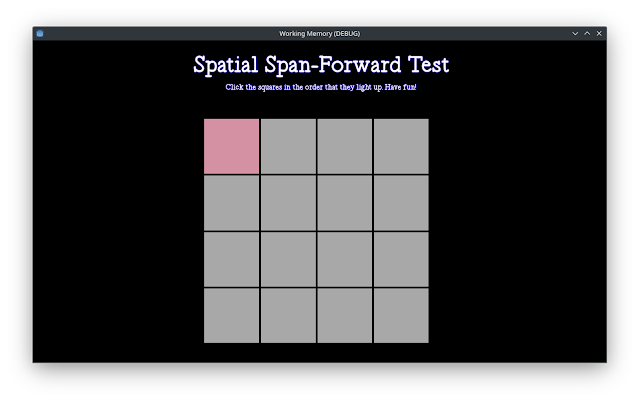Well, it happened. I finally released the Land of Artificial Jellies.
Believe it or not, that game was three years in the making. Of course, I was studying during that whole time, but still. That’s a long time for a game that’ll take most people just about an hour to complete.
In the beginning, the game started out as a design document. I did something I hadn’t usually done and actually included some pixel art designs in the design document before I had ever even created anything in the Godot Engine.
Essentially, I just sat on this document for about 6 months without doing anything to it. It was far from complete, even then. I think I wrote the description for how the first three levels could play out, and then I gradually added the names and gameplay of the next 8 levels over a long period of time.
At some point, I decided enough was enough, and I started work on this thing. It coincided with moving in with one of my friends, and it was a pretty peaceful way to spend some time during the Summer.
Besides the awful code and the bugs and the fact the game was just not really anything, I pushed onwards, and finished what I thought was the final product a couple of months later.
Of course, since the game was really not really anything at all, I realized I had to add something. Fortunately, because the game was so much not anything, it was relatively trivial to additively stick more parts on it without running into any tech creep. So, I decided to make the second world.
Lastly, I decided it needed a third to really round it out, and this time rather than my technique of just piling random stuff into a Godot project, I would actually use my brain and think of something. Sadly, thinking is not often my brain’s strongest quality, and this yielded the third strange and not-quite-fun segment of the game.
Ultimately, it’s fine, and I hesitated to polish it too much because I was sure that I’d change something radical soon. That never happened, and it is just kind of weird, with a fairly obvious strategy that encourages playing the Jelly Quest as little as possible-- if the objective can even be understood.
This is where the game sat for another long period of time, until earlier this year, when I set up the Steam page and decided to just ship it, for better or for worse. I fixed most of the bugs, improved the performance a lot, and added a few tutorial dialogues here and there.
Basically, the game is what it is. I couldn’t really think about how to transform the design without transforming the identity of the game. In some way, the Land of Artificial Jellies is just a bit fucked.
On the bright side, this means I don’t feel that bad for not promoting it. It’s a weird game in its own defining niche for the world of game-shaped-objects, but the right audience could enjoy it. Despite the fact it’s really hardly a game, I’m glad that I made it.
Maybe I’m not even a game developer, and to be honest, maybe I don’t even want to be. Maybe I’m a game-shaped-object developer?
Thanks for watching, and stay tuned for more videos about my development process, because God knows you’re getting them. If there’s one thing I’m good at, it’s beating a drum until the drum is broken and pulverized and I’m asked to leave the drum store. And no, I did not enter that drum store with any intention of buying a drum. Goodbye.



